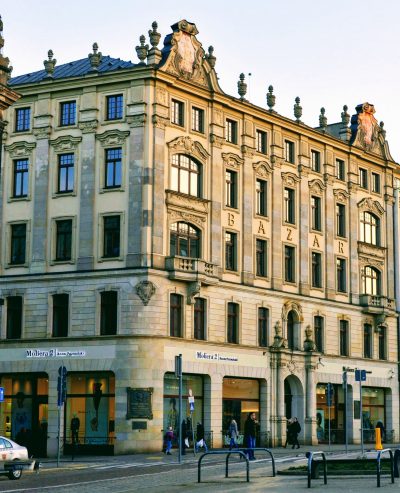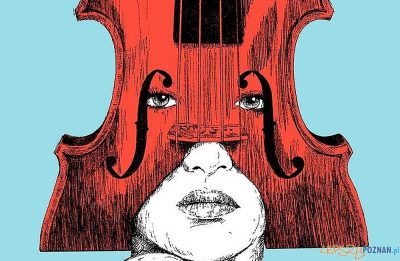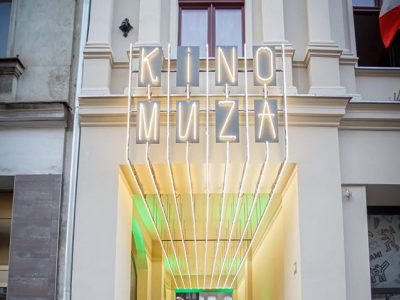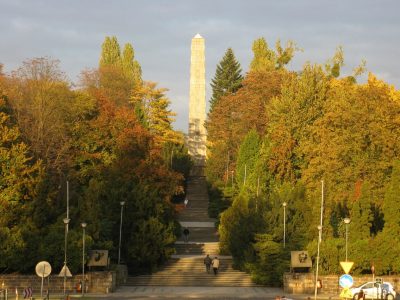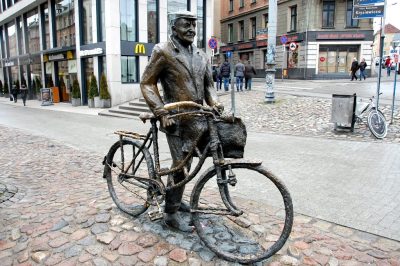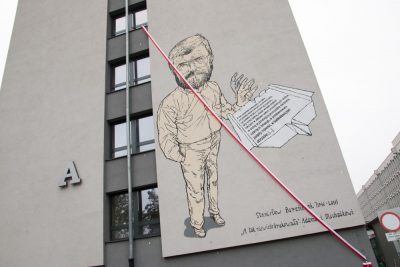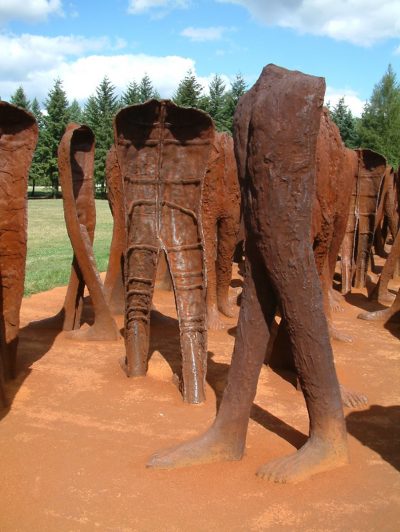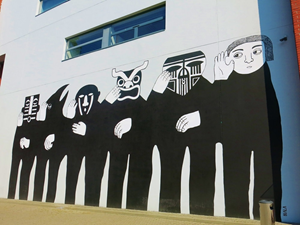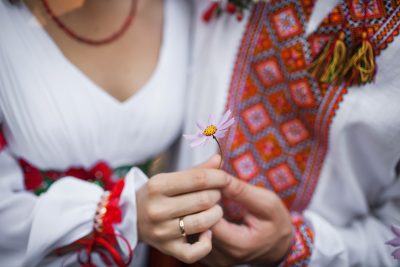Erasmus+ in Poznań
Hotel Bazar and its role in the Greater Poland Uprising
The Greater Poland uprising of 1918–1919, called also Wielkopolska uprising of 1918–1919), or Posnanian War (in Polish: Powstanie Wielkopolskie) was ...
“The Henryk Wieniawski International Violin Competition-the oldest European violin competition ...
International Violin Competition named after Henryk Wieniawski. It is a music competition held every five years in Poznan, paying tribute ...
MUZA – one of the oldest cinemas in Europe located ...
If you walk Św. Marcin Street, you may stumble on a neon inviting you to go inside the oldest and ...
Cytadela – where history, art and nature meet in one ...
Cytadela Park in Poznań is the biggest park in the city. It was built in 1970 and has been considered ...
The Castle in Greater Poland where the White Lady never ...
The White Lady of the Castle in Kórnik is one of Greater Poland’s most recognizable ghost tales. This is probably ...
OLD MARYCH as the only physical representation of the local ...
When we talk about famous symbols of Poznań, it is important to mention Old Marych, one of Poznań’s most beloved ...
STANISŁAW BARAŃCZAK – THE CENSORED POET FROM POZNAŃ, WHOSE POEMS ...
Polish poet, critic, translator of English literature. Born in 1946 in Poznań. He graduated from the Polish Philology at the ...
ABAKANS in Poznań – spatial compositions of cast iron, named ...
Poznań is full of eye-catching attractions. This city is full of noteworthy sculptures, monuments and installations. One of the most ...
Multiculturalism in street art. Monochromatic murals in Poznań.
In Poznań, we have a lot of artistic works that attract the eyes of the inhabitants of this city and ...
MINORITIES IN GREATER POLAND
Historically, especially during the time of the Polish-Lithuanian Commonwealth, Poland was a very ethnically diverse country, but as a result of the German-Nazi Holocaust, significantly altered borders, and deportations ordered by Soviet authorities, the population of post-World War II Poland became nearly entirely ethnically homogeneous. Nowadays, thanks ...

